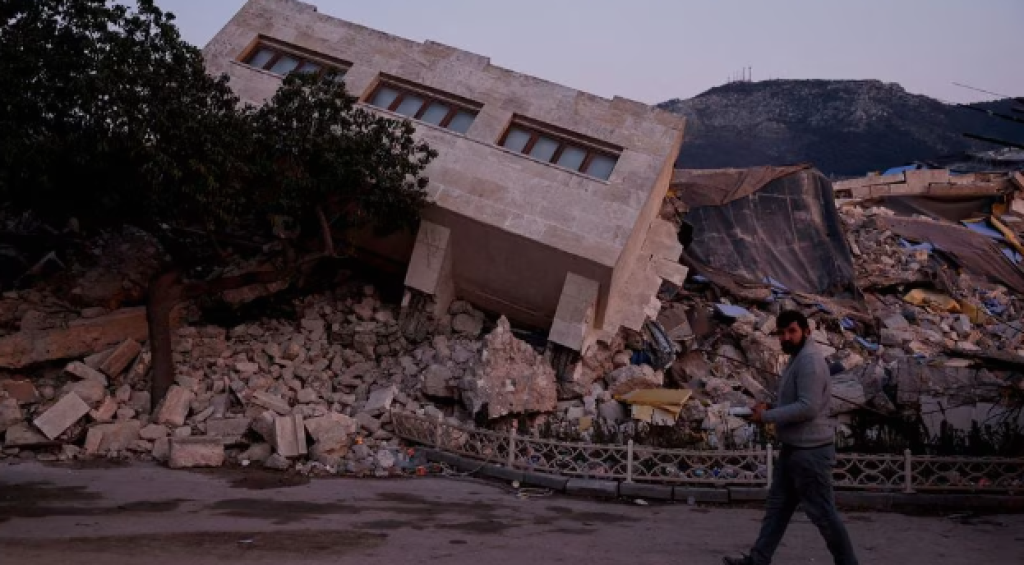Around 40,000 Syrians who had fled areas affected by the deadly Feb. 6 earthquake have returned from Turkey to rebel-held northwestern Syria in the two weeks since Turkey eased restrictions on their movements, a Turkish official and a Syrian rebel official said.
The immigration was recorded at four border crossings held by Syrian armed groups opposed to Syrian President Bashar Al-Assad, Mazen Alloush, a media officer at the rebel-held Bab Al-Hawa border crossing with Turkey, told Reuters.
As of Monday, some 13,500 had crossed through Bab Al-Hawa, nearly 10,000 through Jarabulus crossing and around 7,000 each through the Bab Al-Salam and Tal Abiad crossings, according to a table of statistics Alloush provided.
A Turkish defence ministry official confirmed that the number of Syrians who had returned to their country reached 40,000 as of Monday. More Syrians were returning and the number was increasing daily, the official added.
Restrictions put in place by Turkey in April last year, just before the Eid al Fitr holiday, had banned Syrians with temporary protection permits from making round-trips to Syria in an effort promote one-way returns.
Turkey hosts some 3.5 million Syrian refugees and anti-refugee sentiment has been on the rise in recent years.
In the aftermath of the quake, Syrians have taken advantage of an offer from Turkish authorities to spend up to six months in the northwest without losing the chance to return.
Many have gone back to check on relatives following the temblor that killed more than 44,000 people in Turkey and around 6,000 in Syria, most of them in the country’s rebel-held northwest, according to the U.N..
Others have temporarily moved in with relatives after their homes and businesses in Turkey were destroyed in the quake.
“The plan is to go see our relatives and get out of this difficult atmosphere here,” said Khaled al-Ahmed, a Syrian labourer in his mid-50s who had been living in Kahramanmaras, one of the worse-hit areas.
He and his 10 children were waiting to proceed past the Turkish side of the Bab al-Hawa crossing at the weekend, the first time they would return to Syria since leaving as refugees eight years earlier. His home had been heavily damaged and work stopped, he said.
“People are going without knowing where they are heading, they just want to get out of here for now,” he said, adding he would seek to return to Turkey in one or two months.
Around 4 million people live in northwest Syria, with most of them dependent on aid even before the latest disaster, according to the U.N..
Source : Reuters





































































